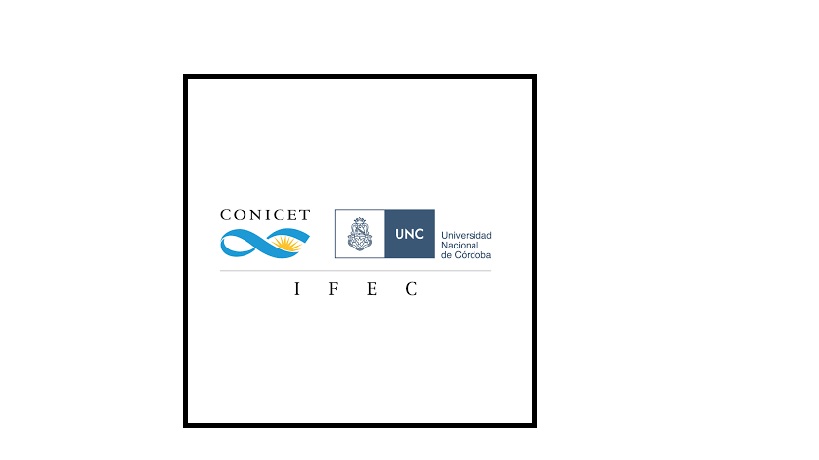Clinical studies have suggested that early malnutrition increases the risk of developing depressive disorders in adulthood. The molecular mechanisms underlying depression have been studied for decades, however many of them remain unknown. Previous results from our lab have shown that perinatal protein undernutrition-induced anhedonia correlates with an increment in the levels of brain derived neurotrophic factor (BDNF) in the nucleus accumbens (NAc). Here, we evaluate the high affinity receptor of BDNF (TrkB) and its phosphorylated form (p-TrkB) levels in the NAc of adult animals submitted to a perinatal protein deprivation schedule (D-rats) and well-nourished animals (C-rats) after sucrose preference test. To confirm whether BDNF-TrkB signaling pathway is involved in the onset of anhedonia, we administered intra-NAc shell ANA 12, a selective antagonist of TrkB. The results showed a significantly higher p-TrkB/TrkB ratio in the NAc of D-rats compared to C-group. Furthermore, D-animals infused with vehicle exhibited a significant reduction of sucrose preference in relation to C-rats. Bilateral infusion of ANA-12 reverses such depression-like behaviour promoting an antidepressant effect. These results suggest a key role of BDNF-TrkB signalling in the NAc shell in the neurobiological mechanism underlying behavioural abnormality demonstrated in undernourished animals.
P#219
BDNF-TrkB signalling in nucleus accumbens shell is implicated in perinatal protein malnutrition-induced anhedonia
María Cecilia Gutiérrez
- Córdoba,
- Argentina
- María Cecilia Gutiérrez ¹
- , María Cecilia Perondi ¹
- , Gabriel Cuadra ¹
- , Analía Valdomero ¹
- 1 Department of Pharmacology, FCQ, UNC - IFEC (CONICET). Córdoba, Argentina.

